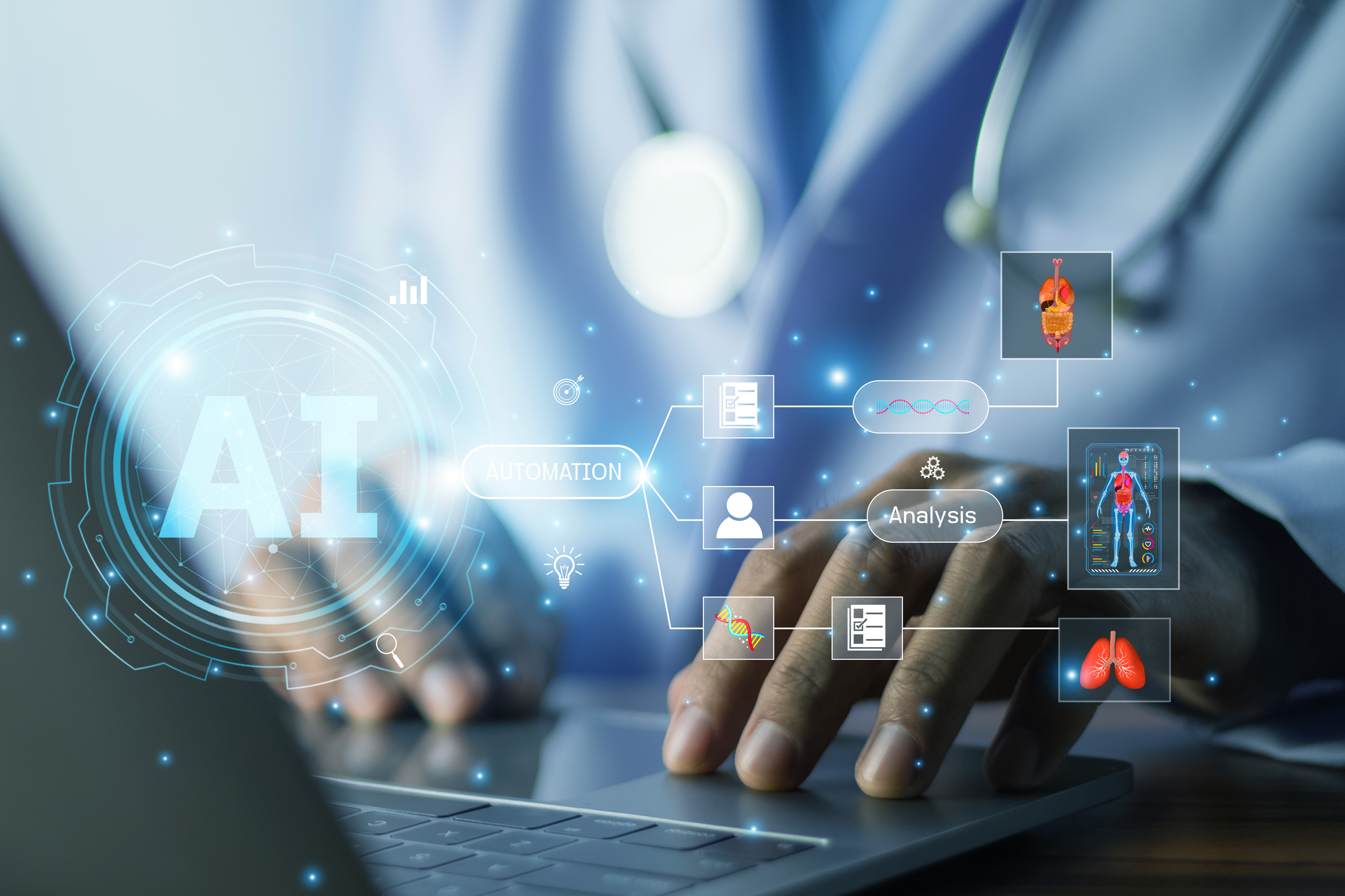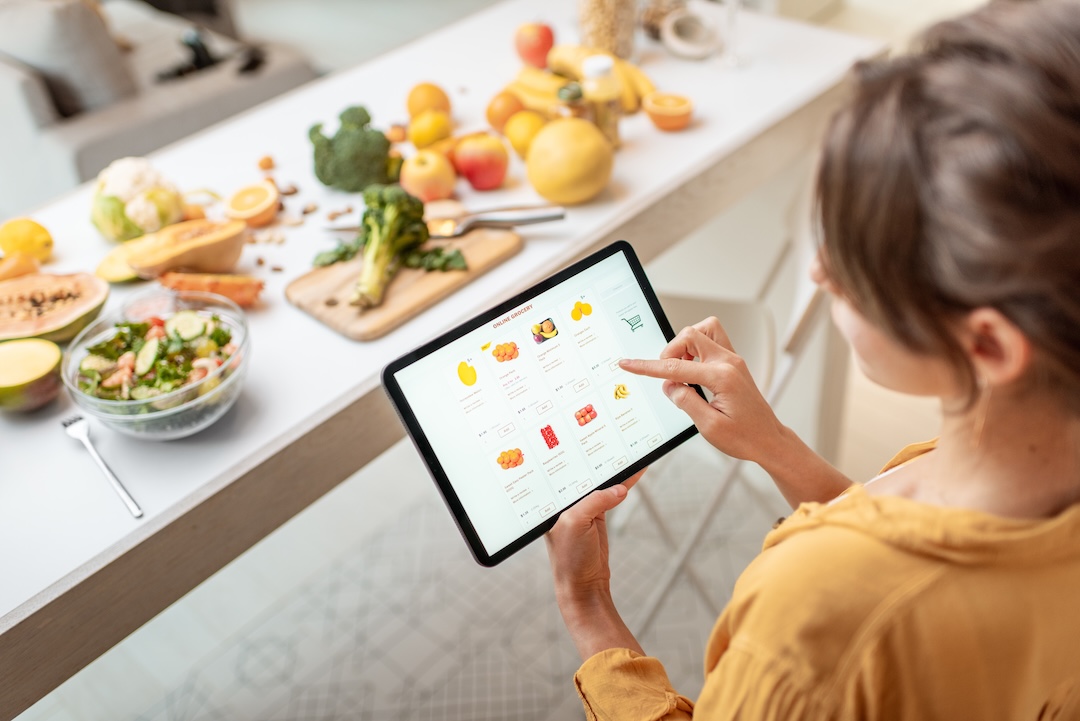The opioid crisis kills more than 1,300 people every day worldwide. But for brothers Ayub and Ali Shoaib, this isn't just a statistic—it's a call to action rooted in childhood memories and a shared promise that preventable deaths would happen "not on my watch."
Meet the founders of NOMW Health, whose journey from witnessing healthcare inequality in Pakistan to building AI-powered overdose detection technology in Scotland shows how the right ecosystem support can accelerate world-changing innovation. Thanks to Techscaler, delivered by CodeBase, they're developing LifeSavr—the world's only device capable of monitoring all vital signs to confirm an opioid overdose in real-time.
The Personal Mission
Growing up in Pakistan, both brothers witnessed people denied healthcare because of financial barriers. Ali once encountered a woman from an underprivileged family who refused a critical medical test, saying "we've got children and we're not going to take that test" because they couldn't afford it. She later lost her life. "Things like that really struck us," says Ayub. "So we said: not on our watch."
That vow became actionable when they settled in Scotland and learned about the country's drug death crisis—the highest rate in Europe. Ayub brought corporate strategy and life sciences regulation expertise from working with companies like Pfizer. Ali, an anaesthetist, understood exactly how opioids affect the human body from administering them in operating theatres. While others approached the crisis from psychiatric angles, Ali's clinical background revealed a crucial insight: "Most people were tackling this from a psychiatric standpoint whereas we completely looked at it from a physiological standpoint in terms of how opioids affect your body."
The Technical Breakthrough
Their solution: a wearable device that monitors the exact combination of vital signs indicating opioid overdose, then immediately alerts emergency responders. "Existing solutions might detect when someone has fallen, but LifeSavr can distinguish between sleep and a life-threatening overdose," explains Ayub. "That specificity matters when every minute counts."
But developing a regulated medical device with AI presented massive challenges: regulatory pathways, clinical validation, manufacturing partnerships, and funding—all simultaneously. "It is also extremely stressful," admits Ayub. "Throughout the project you are thrown a curveball whereby you're like 'this is the end.' It often feels like the end of the road."
The Ecosystem Difference
That's when Techscaler became crucial. "The support from Techscaler by CodeBase has been phenomenal," says Ayub. "It's like having someone alongside you every step of the way."
Through Techscaler, they connected with Peter Bannister, an experienced medtech mentor who guided them through regulatory hurdles and competition applications. When their project manager left mid-development, they posted in the CodeBase community and found Alexandra, who now anchors operations.
Most transformatively, Techscaler connected them to a trade mission to China, visiting Hong Kong, Macau, and Shenzhen. "As a hardware company, that was invaluable," says Ayub. "We got insights into manufacturing at scale, connections with suppliers, and we actually ultimately ended up hiring a Chinese resource to be our interface with manufacturers."
Building Global Impact
The result is LifeSavr, currently in alpha testing with beta targeted for late 2025. Backed by over £600,000 in Scottish Government funding from the Reducing Drug Deaths Challenge, it represents a genuine breakthrough—the world's only device monitoring all vital signs to confirm opioid overdose.
But the brothers' vision goes further: opening up the platform for other developers. "We've spent close to a million pounds developing this hardware because nothing like it existed on the market," explains Ayub. "Now we're considering opening this platform up for others to develop on—any health tech or med tech application they want to develop, they can do that on the device."
Standing on Giants' Shoulders
"One piece of advice for aspiring founders: stand on the shoulders of giants," reflects Ayub. "Don't reinvent the wheel. Find people who are already really good at what they do. The Techscaler support has been like having experienced guides who understand the specific challenges of medtech development."
Their journey from childhood witnesses of healthcare inequality to builders of life-saving technology demonstrates how founder-focused ecosystem support can accelerate solutions with genuine global potential. From personal mission to platform vision, they're proving that "not on our watch" can become reality through the right combination of expertise, determination, and community support.
Ayub and Ali Shoaib are developing NOMW Health's LifeSavr platform while building the medtech innovation community in Scotland. They're part of the Techscaler community supporting founders across Scotland. Sign up for free today.



-52.jpg)








